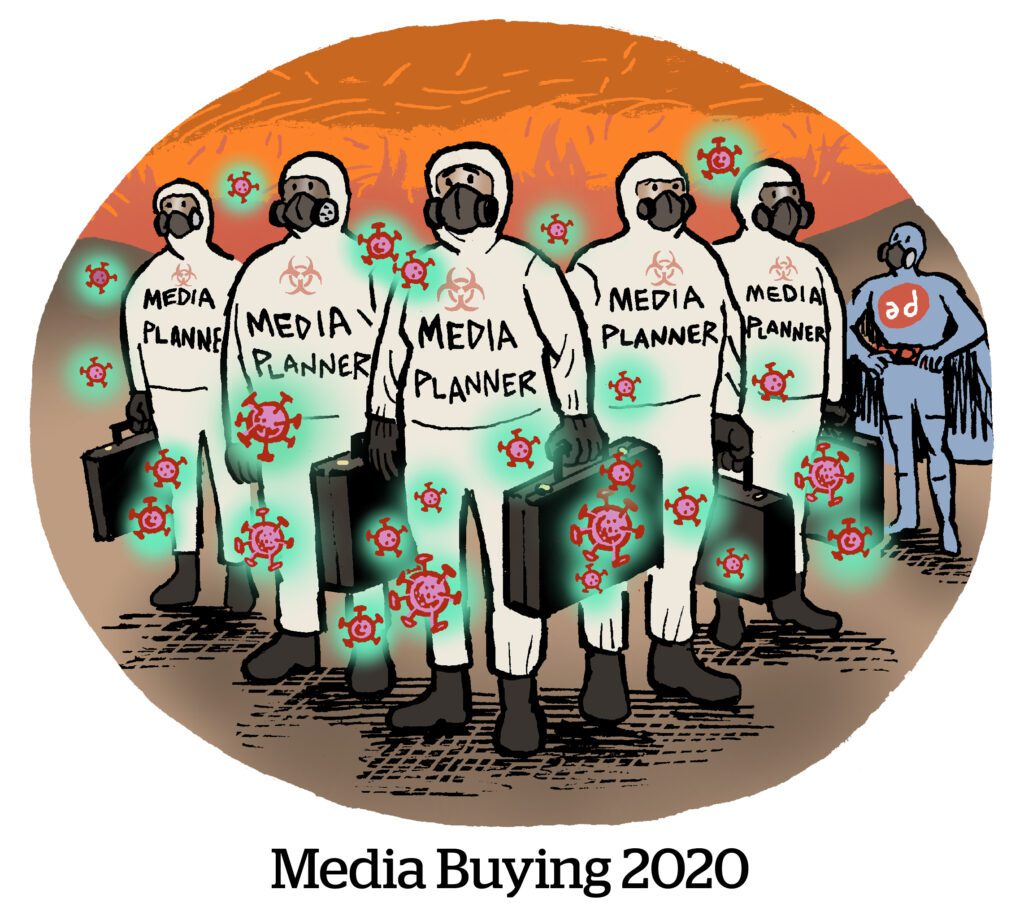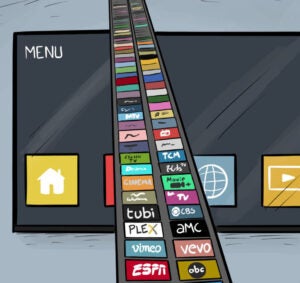Un-Banned
YouTube will reinstate accounts banned for COVID-19 and election misinformation, The Hill reports.
YouTube will also switch to crowdsourced content moderation similar to X’s community notes. And it promises to never again use third-party fact-checkers.
YouTube and Google parent Alphabet announced the moves in a letter to Republican House Judiciary Committee Chair Jim Jordan that blamed previous moderation efforts on pressure from the Biden administration.
According to the letter, “Senior Biden Administration officials […] conducted repeated and sustained outreach to Alphabet and pressed the Company regarding certain user-generated content related to the COVID-19 pandemic that did not violate its policies.”
In other words, content suggesting Vitamin C or turmeric could treat COVID-19 didn’t actually violate YouTube’s policies. The only reason YouTube took such content down, it now says, is because the Biden administration repeatedly asked it to. (Even though it initially banned such content in 2020, when Trump was president.)
Such pressure from the Biden White House was “unacceptable and wrong,” according to Alphabet’s letter.
Jordan hailed YouTube’s policy changes as “MASSIVE wins for the American people.”
Really, they’re massive wins for Republican political operatives. YouTube accounts to be restored include those of FBI Deputy Director Dan Bongino, White House counterterrorism chief Sebastian Gorka and former Trump advisor Steve Bannon. Alphabet’s letter made it clear that it sees value in these individuals’ political influence.
“YouTube values conservative voices on its platform,” the letter read, “and recognizes that these creators have extensive reach and play an important role in civic discourse.”
Rizz ’Em With The Tylenol
How do you protect your brand’s reputation when the president of the United States calls you out?
Plenty of companies have already fallen prey to this increasingly common scenario. Most retreat, or worse, lean in. (Trump doesn’t like the new Cracker Barrel logo? Change it! Trump wants cane sugar in his Coca-Cola? Sell it!)
But Trump’s feud with Tylenol is another story.
After the president gave a bizarre speech claiming to link Tylenol usage with autism, parent company Kenvue’s stock price dipped more than 5% on Monday before rebounding the next day.
In the meantime, Tylenol is making a full-court press to reposition its brand messaging.
On Google, search ads for tylenol.com contain copy slogans, like “Get The Facts About Tylenol” and “Stay Informed.” A new banner on the site reads, “Have questions about media coverage of Tylenol? Click here,” redirecting to the FAQ page. From there, users must also click past a lengthy pop-up that refutes the Trump administration’s claims directly.
It’s not a bad start to what must have been a quick scramble to react to the speech. But the fact that American companies must now routinely endure the malice of the Eye of Trump probably doesn’t bode well for the country’s economy, nor for the mental health of its brand managers.
Disney Doldrums
Disney and Hearst are interested in selling A+E Global Media, their jointly owned company that operates cable networks, including A&E, History and Lifetime.
But finding a buyer might be harder than they expected.
Income in Disney’s linear segment recently dropped by $90 million, Marketing Brew reports, thanks to “lower income from A+E attributable to decreases in affiliate and advertising revenue,” according to the most recent quarterly earnings.
Posting free-falling numbers like these are part of the reason other big media companies, including Warner Bros. Discovery and NBCUniversal, are considering dropping their cable businesses altogether. But Disney has no interest in taking that path.
“As many others exit that business,” Bob Iger, Disney’s CEO, said in a CNBC interview in June, “it gives us a stronger hand to stay in,” adding that its streaming business and linear business will be paired together.
And besides, Disney has other plans to make up for lost profit. After a tumultuous week, in which customers cancelled their Disney+ and Hulu subscriptions in droves after the (ultimately temporary) suspension of “Jimmy Kimmel Live!,” both subscription platforms are jacking up their monthly costs, TechCrunch reports.
Well, if streaming services get too expensive, there’s always cable.
But Wait! There’s More!
Aggrieved publishers say the harms from Google’s ad tech monopoly can’t be truly corrected, and the publisher community has moved on to responding to threats from Google’s generative AI search. [Digiday]
The EU is investigating whether Microsoft, Google and Apple are doing enough to address fake or scammy app listings. [The Verge]
Disaffected young people are reclaiming the term “luddite” to reflect their frustrations with AI, the internet and the larger tech industry. [Blood in the Machine]
Niche, sports-focused ad tech firms are achieving success off of increased advertiser interest in livestreaming sports. [Digiday]
Disney and ABC brought “Jimmy Kimmel Live!” back to the airwaves, but Sinclair and Nexstar are still refusing to air the show. [Bloomberg]
The Supreme Court rules President Trump can go ahead with firing the lone remaining Democratic FTC commissioner Rebecca Slaughter while it reconsiders the president’s authority over independent agencies staffed by Congress. [Axios]
Grok’s “sexy” settings are enabling users to create AI-generated CSAM material, according to current and former xAI employees. [Business Insider]
Budgets are low. Inflation is high. Products are tiny. [Marketing Brew]
… And men’s shirts are no exception. [The New York Times]
You’re Hired!
Shake Shack names Michael Fanuele as chief brand officer. [Adweek]
Thanks for reading AdExchanger’s Daily News Roundup. Want it by email? Sign up here.

















